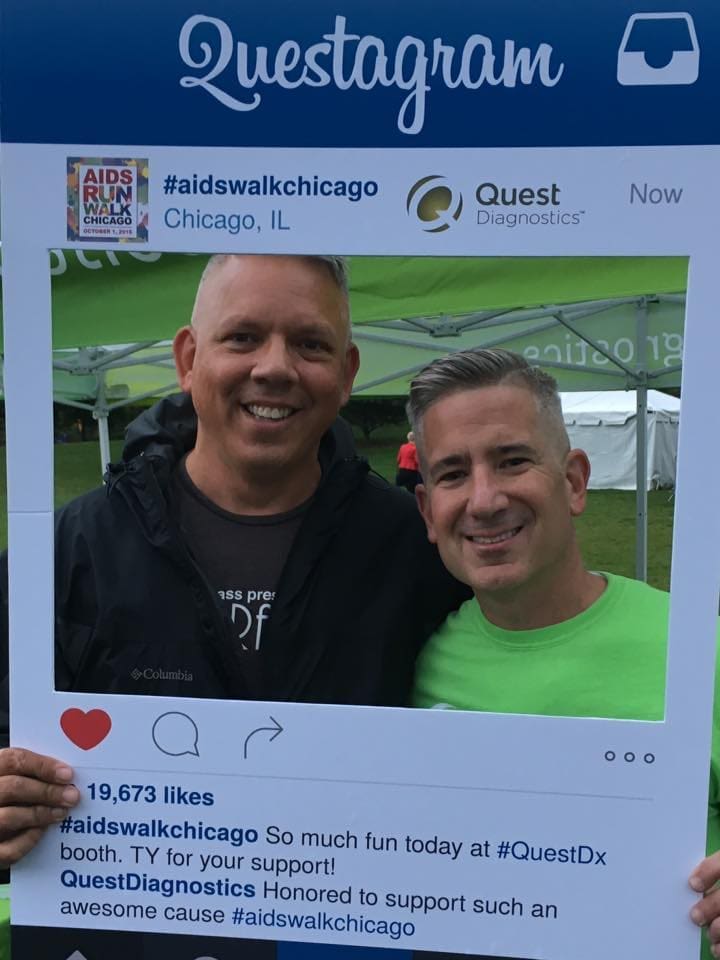Edited by Ashley Slupski
Adapted from the National Immigration Law Center
 The increased threat of deportation causes many immigrants to go without necessary medical services. Here’s how health care providers can protect undocumented patients according to the law:
The increased threat of deportation causes many immigrants to go without necessary medical services. Here’s how health care providers can protect undocumented patients according to the law:
Want more information? Visit National Immigration Law Center’s hub for health care providers.
- Hospitals and health care facilities are “sensitive locations” and protected from enforcement actions including arrests, interviews, searches and surveillance.
- Health care providers have no legal obligation to ask about or report a patient’s immigration status. Privacy rules prohibits disclosure of patient information without the patient’s consent. Law enforcement officials may request information but it does not have to be shared unless there is a warrant for a specific individual.
- Health providers and patients have the right to remain silent if immigration agents enter a public area of a health care facility without a warrant or the facility’s consent.
- If immigration authorities or other law enforcement officials present a warrant or other court order, it must be signed by a judge and state the address of the specific premises to be searched. Pay close attention and object if officials go beyond the scope of their authority to search or seize objects as specified in the warrant.
- Health care providers may refuse to consent to a warrantless search of the facility’s private areas unless officers have probable cause” to believe that the search may reveal that unlawful activity is occurring, has occurred, or will occur.
Immigration enforcement policies and practices under the current administration are evolving. This post reflects our understanding based on what we know now. Arm your staff and your patients with the knowledge they need to protect everyone’s right to obtain health care.
Want more information? Visit National Immigration Law Center’s hub for health care providers.



